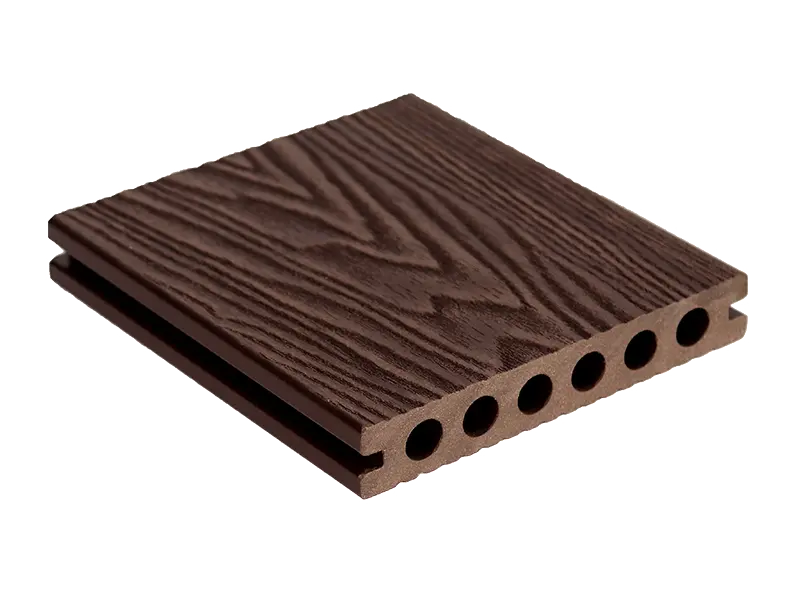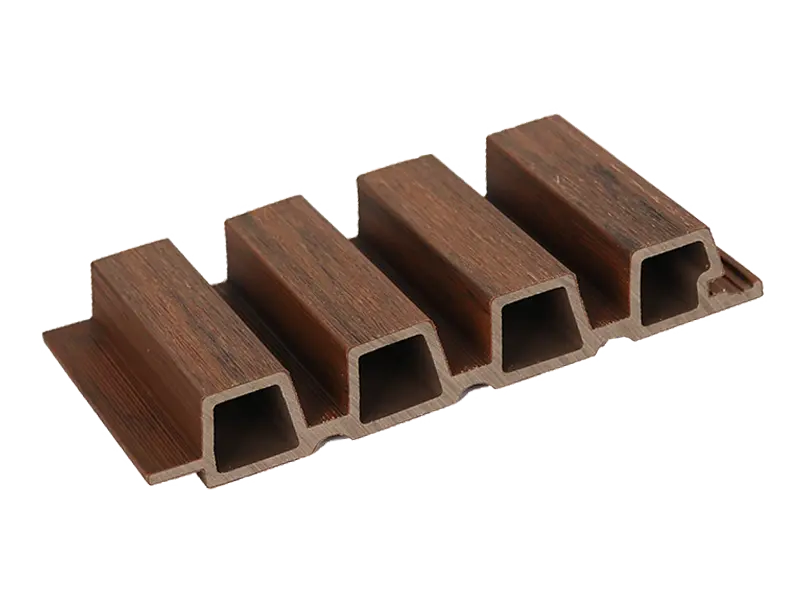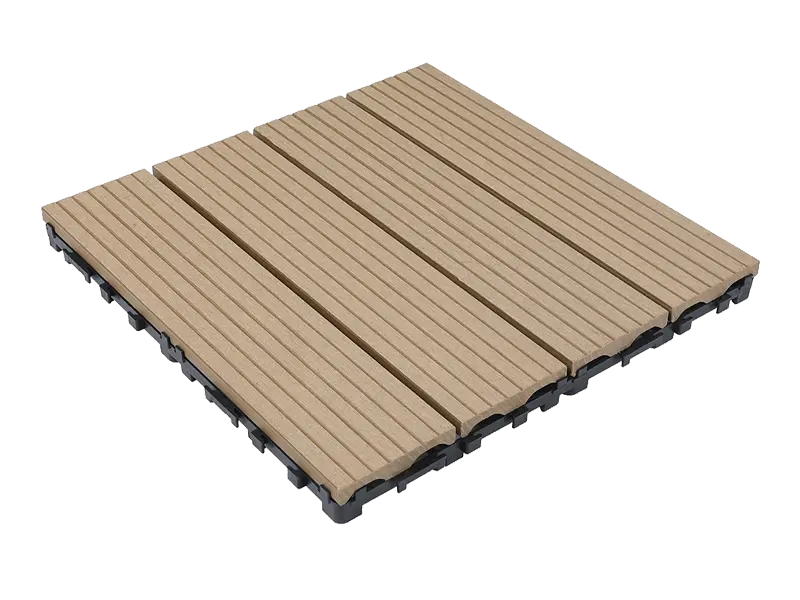Explore the key differences between composite fence and vinyl fence—covering durability, maintenance, appearance, cost, and environmental impact—and learn why Superior WPC is a smart choice.

Composite Fence vs Vinyl Fence: Which Fencing Material Is Right for You?
When choosing fencing for your property, you’ll find that both composite fence and vinyl fence options offer compelling advantages. The decision often comes down to durability, style, maintenance, and budget. To make the best choice, let’s compare how each material performs—and why Superior WPC fencing stands out in modern applications.
Durability and Strength
Composite fencing is built from a blend of wood fibres and plastic resins, resulting in a dense, high-strength structure that resists rot, pests, and weather better than many alternatives. :contentReference[oaicite:2]{index=2} By contrast, vinyl fences are lightweight and weather-resistant in many cases, but may become brittle in extreme conditions or show deformation over time. :contentReference[oaicite:3]{index=3}
Appearance and Customisation
For homeowners seeking a natural wood look, composite fences provide a rich texture and variety of finishes. They often resemble timber while sidestepping rot and decay. Vinyl fences, while clean and low maintenance, typically offer fewer texture options and may appear more plastic-like over time.
Maintenance and Upkeep
Low maintenance is a major benefit of both options. Vinyl fences require occasional cleaning with soap and water. Composite fences, including Superior WPC fencing, go further by avoiding the need for regular staining or sealing and better resisting environmental stress. This makes them especially appealing for long-term use with minimal effort.

Cost and Long-Term Value
Vinyl fences generally have a lower initial cost, making them attractive for smaller budgets. However, because composite fences offer enhanced durability and aesthetic appeal, their long-term value often exceeds that of vinyl. The extended lifespan and lower replacement or repair needs can make composite fencing more cost-effective over time.
Environmental Impact
Superior WPC fencing aligns with eco-friendly fencing materials by using recycled wood and plastics, reducing waste and the need for new timber. Vinyl fences, although durable, often rely on synthetic materials that are less sustainable and harder to recycle.
Installation and Repair Considerations
Composite fence panels tend to be heavier and may require more robust posts and structures during installation. Vinyl panels are lighter and faster to install, but may demand more careful replacement if damage occurs. Regardless of material, correct installation is critical for optimum performance.
Which Should You Choose?
If your priorities are natural aesthetics, long-term performance, and sustainability, a Superior WPC fencing system offers an excellent solution. If your budget is tighter and the climate is moderate, a well-chosen vinyl fence might suffice. Ultimately, consider your landscape, local weather conditions, and long-term goals when making your decision.
Conclusion
Both composite and vinyl fences offer significant benefits compared to traditional wood. However, when you factor in durability, appearance, maintenance, and environmental impact, Superior WPC fencing claims a strong edge for those seeking a premium, sustainable fencing solution that lasts.

